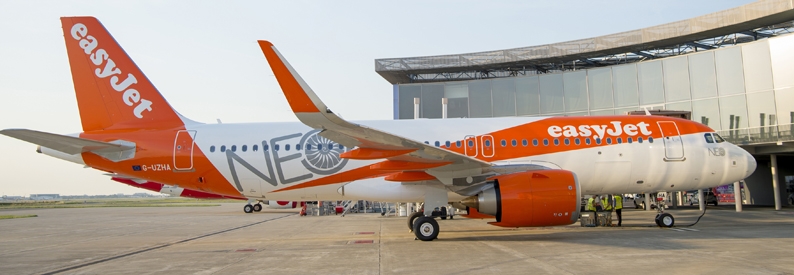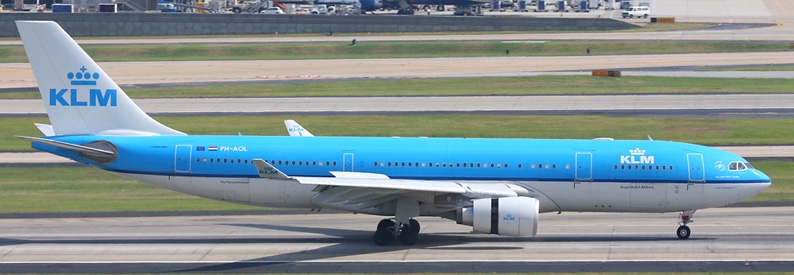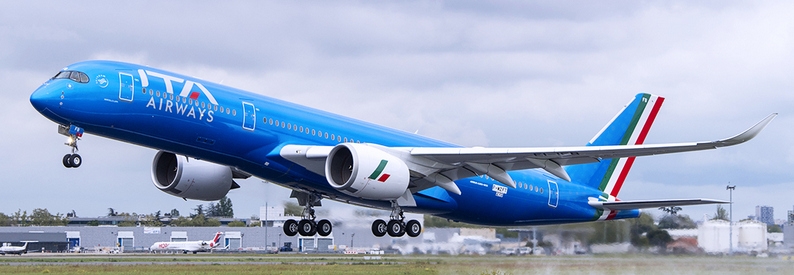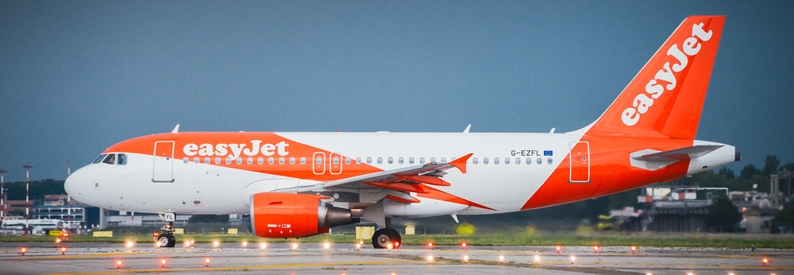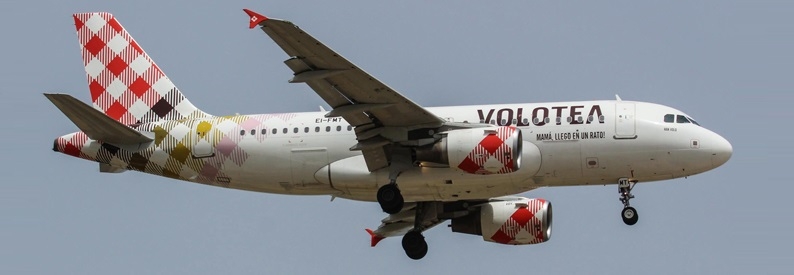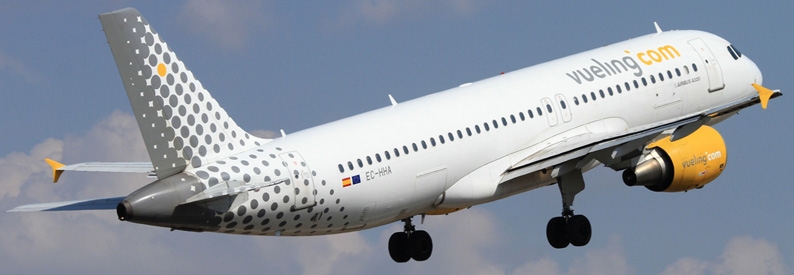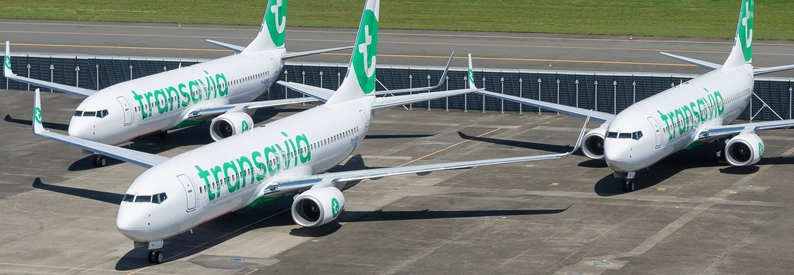Airline bosses have heavily criticised European governments for targeting aviation with green taxes while not doing enough to bring about the Single European Sky initiative that would reduce fuel consumption by up to 15% and significantly reduce CO2 emissions.
Speaking during a panel discussion at the Airlines for Europe (A4E) 2022 Aviation Summit in Brussels on March 31, easyJet (London Luton) Chief Executive Officer Johan Lundgren described as "quite frankly shameful" increased ticket taxes "that did nothing to decarbonise" aviation.
He was understood to be referring to Dutch government plans to hike aviation passenger taxes from EUR7.8 euros (USD8.6) per ticket to EUR24 (USD26.3) per ticket from January 1, 2023, on all flights departing from Dutch airports. The higher tax reportedly is to increase tax revenue from EUR200 million (USD219.3 million) to EUR600 million (USD658.1 million) a year.
It follows an existing passenger tax imposed on January 1, 2021, intended to reduce price differences between airline and train tickets. The Dutch government's plan is just one part of its Recovery and Resilience Plan to be presented to the European Union, a first draft of which was presented to the House of Representatives on March 28. EU member countries agreed on a COVID-19 recovery fund of EUR750 billion (USD822.7 billion) in 2020. To obtain funds, at least 37% of the expenditure must be spent on climate-related investments.
Lundgren said if implemented, the Single European Sky would result in an immediate 15% fuel saving for easyJet, significantly reducing CO2 emissions for an average flight. "This is one of the biggest things that we can do short-term," he said, pointing out that some of the governments that were pointing fingers at aviation for contributing to CO2 emissions were themselves blocking sustainability progress by dragging their feet on the Single European Sky. The EU initiative was launched in 1999 to reform air traffic management (ATM) and air navigation services in Europe by reducing the fragmentation of European airspace. This would imply reducing delays, increasing safety standards and flight efficiency to reduce the aviation environmental footprint, and reducing costs related to service provision.
Other panellists echoed Lundgren's views, including Ryanair Chief Executive Officer Michael O'Leary and Lufthansa Group Chairman and Chief Executive Officer Carsten Spohr.
"It's the European governments that are holding up the urgent reforms our industry needs," O'Leary said, saying the aviation industry needed to be more robust in pushing back and calling out European transport ministers for not having expedited the Single European Sky and protecting overflight rights during national strikes. "At Ryanair, we're investing EUR20 billion (USD21.9 billion) in new aircraft technology for the next five years. These planes will fly 4% more passengers, but they [will] burn 15% less fuel. We are making - as an industry - huge investments in new technology to make the services we provide more environmentally sustainable."
"I think there's been a degree of misinformation, and as an industry, I don't think we have fought back robustly enough, pointing out the fact that aviation accounts for 2% of Europe's CO2 emissions, [whereas] shipping accounts for 4%," he added.
Spohr - who is A4E's 2022 chairman - said European governments needed to lead by example when asking airlines to do more to be environmentally efficient. "I think it undermines authority. I love chocolate and that makes it very difficult for me to tell my kids not to eat chocolate because they always tell me, dad, you're eating it yourself. That's a little bit how we have to approach this. How can they put pressure on us, certain politicians, when they are not willing to do their own part," he asked.
A4E chief executives, in a statement at the summit, called on European policy-makers to take urgent action on key legislative proposals that would strengthen airlines' recovery prospects, protect and accelerate decarbonisation efforts, and help rebuild passenger connectivity.
"Key policies must be re-assessed and swiftly updated to help airlines mitigate rising costs on multiple fronts and operate more efficiently. For example, more cost-efficient air navigation services for flights within Europe could be realised along with an up to 10% reduction in CO2 emissions by implementing the Single European Sky, which remains in trilogue negotiations between the European Council, the European Parliament, and the European Commission."
"Without appropriate mitigation measures, future energy and climate policies will erode airlines' competitiveness and lead to carbon leakage," they warned.
The chief executives reiterated their commitment to reaching net-zero CO2 emissions by 2050 and to support European carbon reduction targets, but stressed the need for global climate action and pricing support measures to level the playing field. They called for global uniform regulation, including a global carbon price for aviation that would stimulate low carbon technology development and use EU's Emissions Trading System (ETS) allowances to support the uptake of sustainable fuels.
"Europe can become a global leader in decarbonising aviation. But achieving net-zero emissions by 2050 should not erode the competitiveness of European airlines nor lead to carbon leakage," said Spohr. "To be successful, policies must be designed to avoid distorting competition between European stakeholders within the single aviation market, as well as between European and non-European airlines."
"Given the multiple crises European carriers are now facing – whether energy, consumer health, or geopolitical – a thorough re-evaluation of the aviation regulatory landscape has become an absolute necessity", agreed A4E Managing Director Thomas Reynaert.

